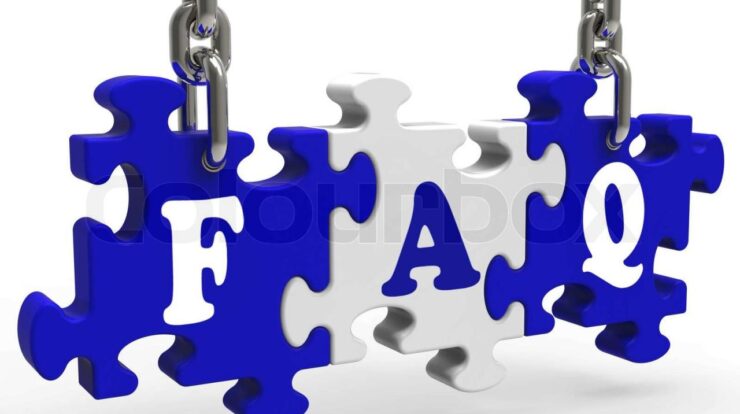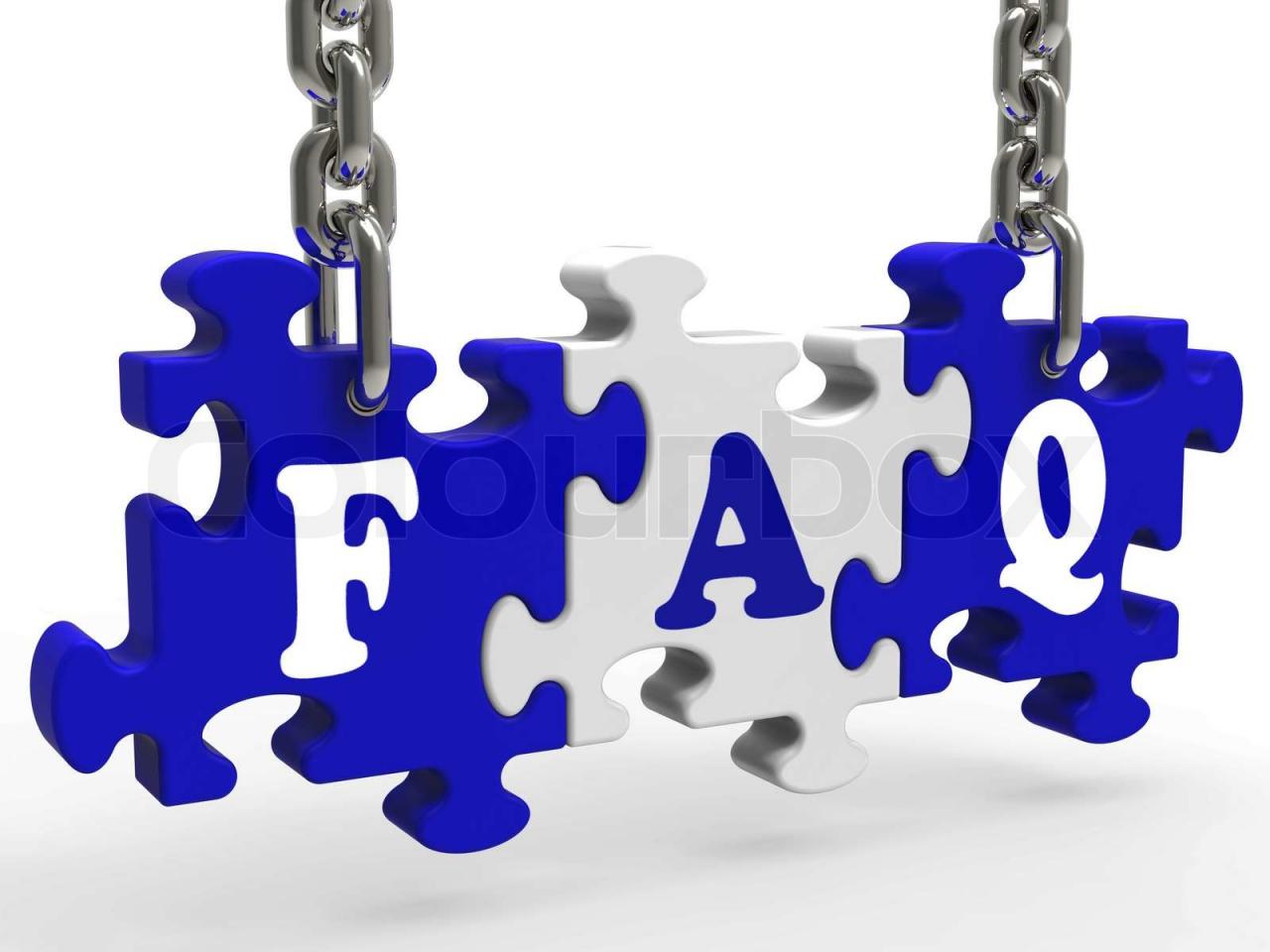
Frequently Asked Questions (FAQs) are an indispensable tool for organizations and users alike, providing concise and accessible information that enhances user experience and streamlines support processes. This comprehensive guide delves into the intricacies of FAQ meaning, exploring their characteristics, types, best practices, and benefits, empowering you to harness the full potential of FAQs for your organization.
FAQs serve as a valuable resource, offering readily available answers to common queries, reducing support costs, and fostering customer satisfaction. Their effectiveness hinges on clarity, conciseness, and accuracy, ensuring that users can effortlessly find the information they seek.
Introduction to FAQ Meaning
Frequently Asked Questions (FAQs) are a collection of commonly asked questions and their corresponding answers. They serve as a valuable resource for users seeking quick and concise information about a particular topic, product, or service.
FAQs play a crucial role in various contexts, including customer support, product documentation, and online forums. They empower users to find answers to their queries without having to contact customer service or navigate through extensive documentation.
Characteristics of Effective FAQs
- Clarity:FAQs should be written in clear and understandable language, avoiding jargon or technical terms that may be unfamiliar to the user.
- Conciseness:Answers should be brief and to the point, providing the essential information without unnecessary details.
- Accuracy:FAQs should provide accurate and up-to-date information, ensuring that users can rely on the content.
- Organization:FAQs should be organized logically, with questions grouped into relevant categories or sections.
- Accessibility:FAQs should be easily accessible on websites or platforms where users are likely to seek information.
Types of FAQs
- General FAQs:These cover common questions about a product, service, or company.
- Troubleshooting FAQs:These provide solutions to common problems or errors.
- Policy FAQs:These explain policies, regulations, or guidelines.
- Product FAQs:These provide specific information about a product’s features, specifications, and usage.
- FAQ for a Specific Audience:These are tailored to the needs of a particular group of users, such as customers, employees, or partners.
Best Practices for Writing FAQs: Faq Meaning

- Use clear and concise language:Avoid jargon and technical terms.
- Organize questions and answers logically:Group related questions into categories.
- Provide links to additional resources:For more complex topics, include links to relevant articles or documentation.
- Keep FAQs up-to-date:Regularly review and update FAQs to ensure accuracy.
- Use a consistent format:Maintain a consistent style and tone throughout the FAQs.
Benefits of Using FAQs

- Improved Customer Satisfaction:FAQs empower users to find answers quickly, reducing frustration and enhancing satisfaction.
- Reduced Support Costs:By providing self-service options, FAQs can reduce the burden on customer support teams.
- Enhanced User Experience:FAQs create a positive user experience by providing easy access to information.
- Increased Website Traffic:FAQs can drive traffic to a website by appearing in search engine results.
- Improved :FAQs can include relevant s, improving a website’s search engine ranking.
Examples of FAQ Implementation
FAQs are widely used in various industries and platforms:
- E-commerce websites:FAQs provide information about products, shipping, and returns.
- Software documentation:FAQs offer troubleshooting tips and technical support.
- Online forums:FAQs address common questions and provide guidance to new members.
- Customer support websites:FAQs empower users to find answers without contacting support.
- Knowledge bases:FAQs serve as a central repository of information for employees or customers.
Conclusive Thoughts
In conclusion, FAQs are a powerful tool that empowers organizations to enhance user experience, streamline support processes, and build stronger customer relationships. By adhering to best practices and leveraging the insights provided in this guide, you can create effective FAQs that meet the evolving needs of your users and drive success for your organization.
Clarifying Questions
What is the primary purpose of FAQs?
FAQs are designed to provide quick and easily accessible answers to frequently asked questions, reducing the need for users to contact support or search for information elsewhere.
What are the key characteristics of effective FAQs?
Effective FAQs are clear, concise, accurate, well-organized, and easy to navigate, ensuring that users can quickly find the information they need.
What are the different types of FAQs?
FAQs can be categorized into various types, including general FAQs, product-specific FAQs, troubleshooting FAQs, and policy-related FAQs.
What are the best practices for writing effective FAQs?
Best practices for writing effective FAQs include using clear and concise language, structuring FAQs logically, and providing relevant and up-to-date information.
What are the benefits of using FAQs?
FAQs offer numerous benefits, including improved customer satisfaction, reduced support costs, enhanced user experience, and increased website traffic.





